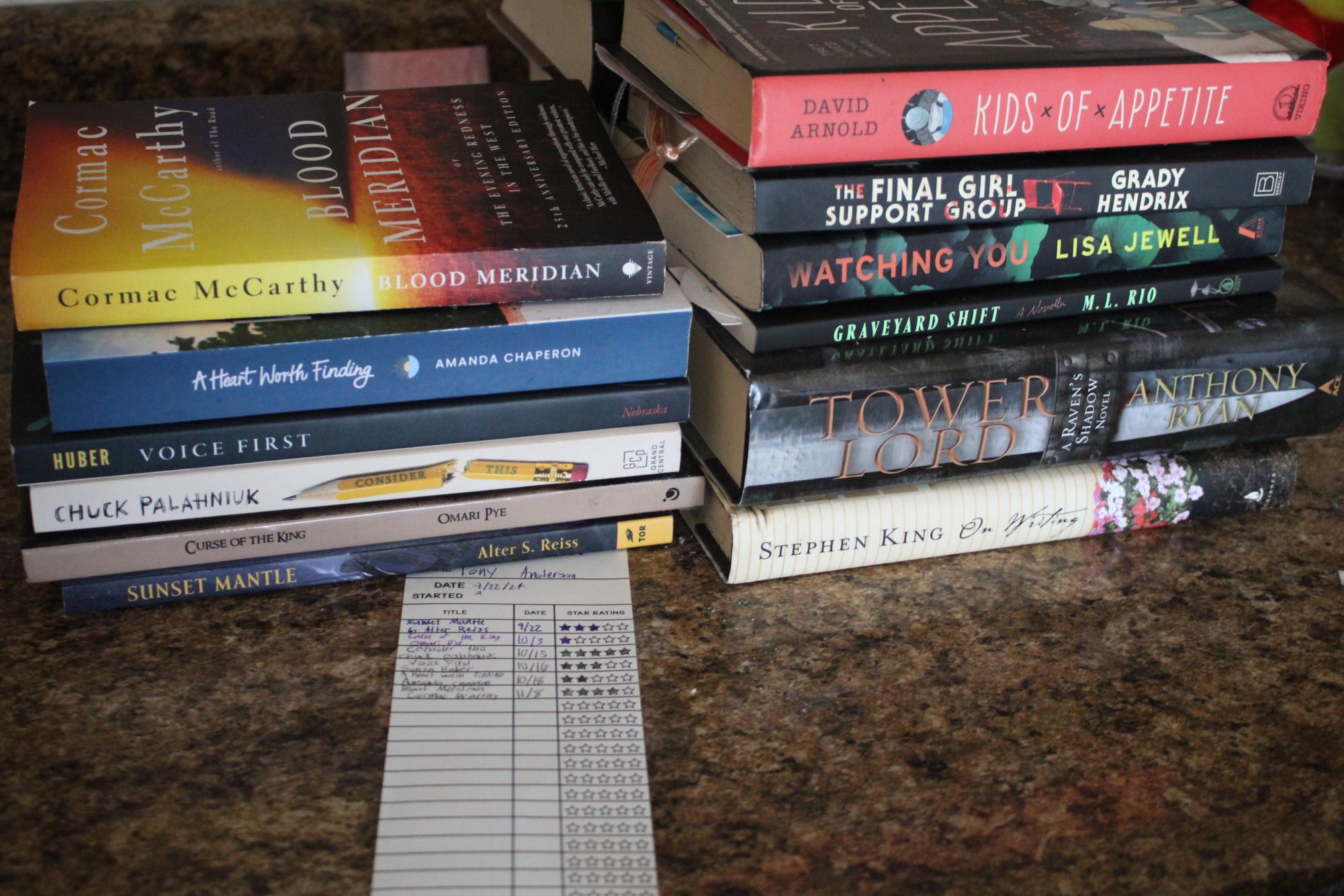Reading has been widely accessible to the general public since the invention of the printing press, and it has become even more so in the 21st century with the rise of social media as tools to promote and consume literature.
Many hold that this democratization of literature has had an overall positive influence on the world of readership. However, the rise of “BookTube,” “BookTok,” and celebrity book clubs is seemingly transforming this sector into merely another branch of capitalistic products and transactions.
This begs several questions: has reading become just another trend or aesthetic? In an era of shortened attention spans and rampant screen addictions, can we afford to cling to our ideological notions of literature as being loftier than a product being pushed upon consumers?
The mindsets spawned by the internet have crossed over into the realm of literature and are promoting a culture of merely consuming information rather than experiencing it as an artistic medium, a form of expression, or a reflection of humanity.
The section of YouTube known as BookTube discusses books, book reviews, book hauls, and the like. Similarly, BookTok, a corner of TikTok that explores books and book-related subjects, has become a source of debate surrounding its impact on literature and whether that is positive or negative.
These platforms have also led to discussion about whether this has commodified the reading of books by becoming a way to gain clout and appear intellectual or “above” the chaos and vapidity of content found on the internet.
This has been called into question, especially in regard to the growing number of celebrity book clubs and book recommendations. Many have questioned the validity of these public figures’ true appreciation for literature as opposed to finding another way to amass followers and diversify their careers.
Celebrities such as Oprah Winfrey, Reese Witherspoon, Jenna Bush Hager, Emma Roberts, and Dakota Johnson have all created their own book clubs, garnering numerous followers and revenue. Several of these celebrity entrepreneurs have also furthered their financial interests by buying the film rights for books they recommend or even selling their clubs for millions.
Other habits bred by internet activity and social media usage are also seeping into readers’ behavior. BookTokers and BookTubers create videos focused on their “To Be Read” or “TBR” lists, capitalizing on a content-hungry audience’s proclivity towards FOMO (the fear of missing out). This is especially true when a beloved celebrity or influencer is the one promoting certain books they look forward to reading, knowing that watchers will subsequently also want to read them.
These never-ending lists often produce two opposite results: completionism or reading fatigue. The former creates an urgency to finish as many popular or “classic” books as possible as quickly as possible, just to be able to say that one has read them. The latter deters potential readers from expanding their horizons by overwhelming them with a plethora of options that is almost impossible to sift through coherently.
Where does this leave book lovers and literature experts? For now, I suggest maintaining a sense of compromise, or restless satisfaction. We can be satisfied with the knowledge that innovations such as BookTok, BookTube and celebrity book clubs are helping authors and publishers reach a wider audience.
At the same time, we can demand a higher level of quality consistent with that found in literature before it became a mass-produced commodity. A straightforward solution is currently out of reach, and perhaps will be indefinitely. For now, we will have to be happy that reading has not yet died in the digital age, but is merely evolving.








